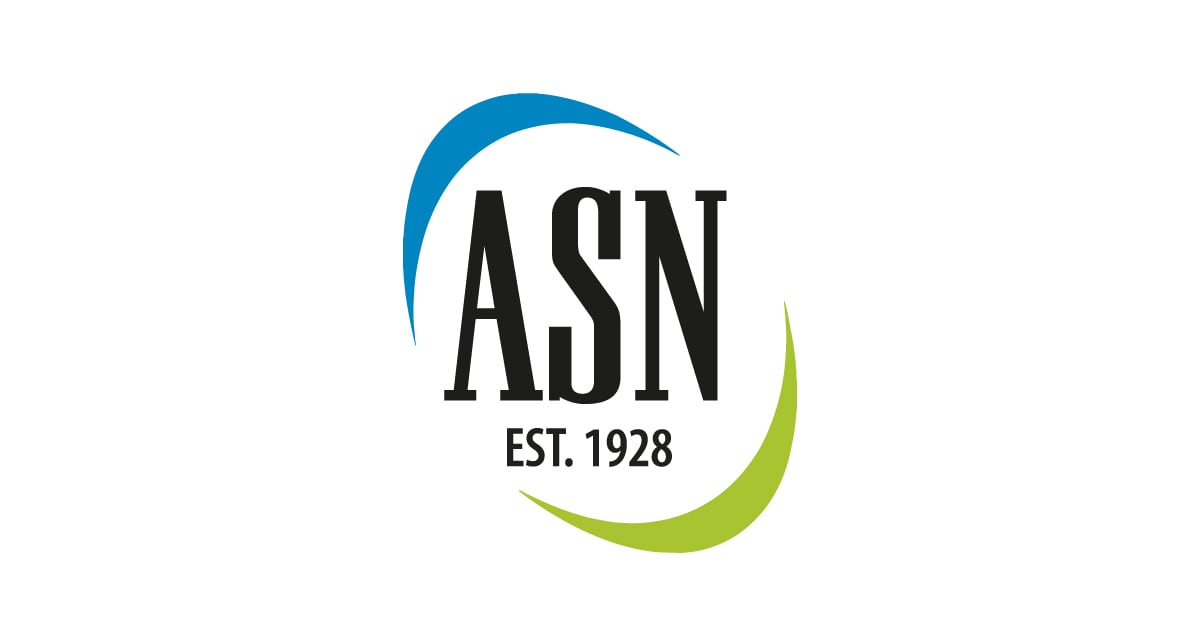By Marion L. Roche, PhD, Micronutrient Initiative
An estimated 42% of pregnant women are anemic. Anaemia in pregnancy is associated with increased mortality for mothers and infants, low birth weight in infants and increased risk of premature delivery. Iron Folic Acid (IFA) supplementation is recommended where anaemia is a public health concern. Many in the global nutrition research community have been anxiously awaiting the JiVitA-3 Randomized Trial in Bangladesh. This study has been looking at the comparative effectiveness of iron folic acid (IFA) supplements vs. multiple micronutrient supplements for pregnant women and one month postpartum.
This recent research in Bangladesh, which shows potential to reduce preterm births and low birth weight, holds promise for contributing to global reductions in neonatal mortality, although reductions in infant mortality were not found to be significant in this study. Low birth weight puts infants at risk of neonatal mortality and developmental consequences later in life. The risks of neonatal deaths for preemies and the critical importance of addressing preterm births has gained increasing recognition through the “Born too Soon” Global Action Report.
These results are exciting and will be balanced with the costs of transitioning from IFA to multiple micronutrients as countries decide how, when, and if to transition to “multis.” For many countries, the multiple micronutrients will be an added cost, and will come with substantial implications for procurement and supply management. They will also be a new product for many of the physicians, nurses, health workers and family members that have a role of supporting and encouraging pregnant women, and most importantly for pregnant women themselves.
Multiple micronutrient supplements will only have benefits if pregnant women have access to the supplements, receive them early enough in pregnancy to consume the recommended dose, and be supported, motivated and encouraged to consume the supplements daily. Global experiences with IFA supplementation would suggest that adherence has been one of the greatest challenges to behaviour change. Supporting adherence requires a reliable supply, encouraging counseling for pregnant women and improving a women’s access to IFA and related ante natal care services.
Nepal’s national iron intensification project is an example of a project that, for over eight years, was able to increase iron coverage from 23% to 80% and increase adherence of 90 tablets from 6% to 56%. This was largely achieved through the integration of a community based delivery system of female community health volunteers (FCHVs) who delivered the IFA supplements to women in their community and also encouraged them and restocked their IFA supply when needed. The FCHVs also received participatory training and provided practical advice on how to support and encourage women. Additional strategies will be needed to further increase adherence and maintain the motivation of the FCHVs.
As the global nutrition community reflects on the implications of the evidence from this new study, they will also be looking to learn from IFA programs and the successes and challenges. Whether IFA or multis are selected as part of the strategy for anemia reduction and improving maternal and newborn health, innovative approaches and replication of best practices and promising strategies for increasing adherence and coverage are needed to reduce maternal anaemia and benefit infants.



